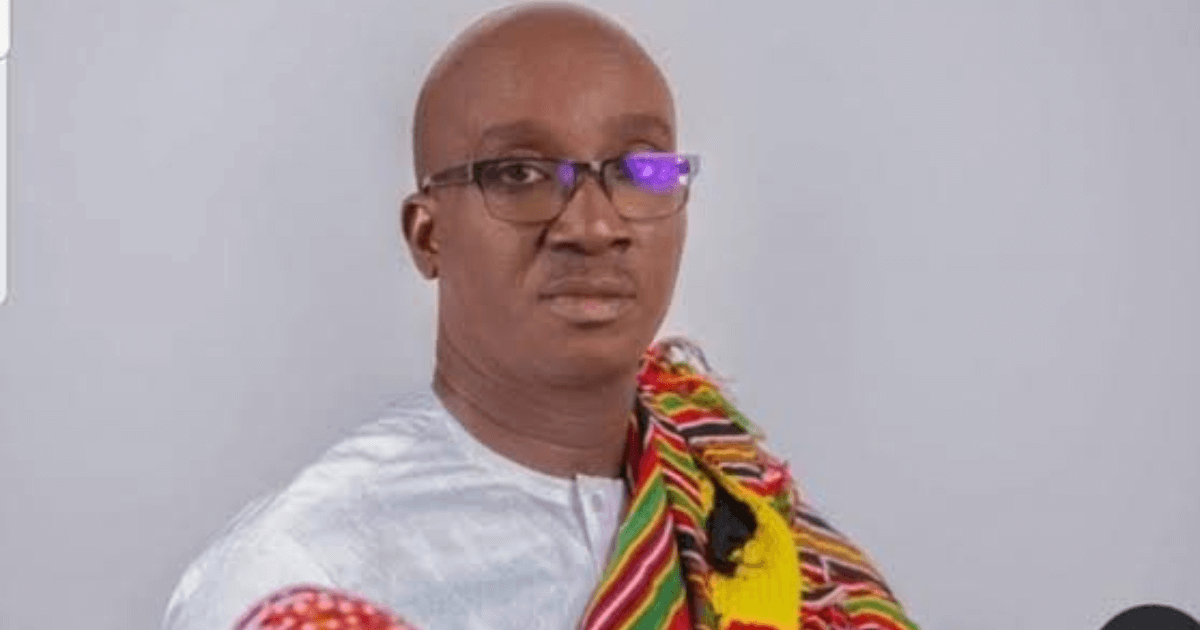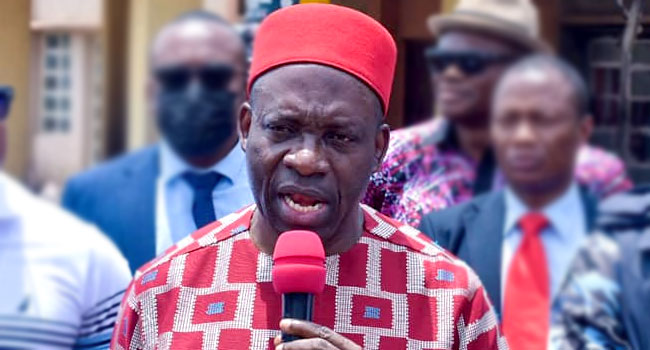The Central Bank of Nigeria (CBN) disbursed ₦7.5 trillion in ways and means advances to the administration of former President Muhammadu Buhari, according to recent reports.
This revelation stands in contrast to the ₦30 trillion claimed by a senate joint committee which prompted a probe led by Senator Isah Jibrin of Kogi East.
Ways and means advances, a form of loan from the CBN to fund government deficits, have historically triggered inflation and high exchange rates due to the added liquidity in the economy.
Despite legal limits, these advances have frequently exceeded prescribed boundaries, contributing to macroeconomic instability.
Detailed documents obtained by TheCable as of December 19, 2022, revealed a total overdraft of ₦22,719,703,774,306.90 in the government’s treasury at the CBN, including ₦7,531,819,048,929.66 designated as ways and means.
The largest disbursement recorded was nearly ₦2 trillion in 2020 amidst the COVID-19 pandemic to support federal government intervention programs. Subsequent significant advances include N1.4 trillion in 2019 and ₦1.47 trillion in 2022, during the Russia-Ukraine conflict.
Notably, the Nigeria Bulk Electricity Trading (NBET) received ₦1.3 trillion under a payment assurance facility to sustain the Nigerian electricity supply industry (NESI).
Additionally, two private power generation companies, Azura Power West Africa and Accugas Limited, have benefitted from steady payments under a “take or pay” arrangement, essential to meeting sovereign guarantees.
In a significant policy shift, Olayemi Cardoso, the new CBN governor, announced in February 2024 that the bank would halt further advances until all outstanding debts were cleared.
This stance followed the senate’s approval to securitize a ₦7.3 trillion outstanding balance as part of President Bola Tinubu’s administration’s fiscal management strategies.
The Senate’s probe into the extensive use of ways and means under Buhari’s tenure remains ongoing, having missed its reporting deadline by over nine weeks.
The committee, tasked with a comprehensive review of transactions from 2015 to 2022, faces public and political pressure for transparency and accountability.


 5 months ago
42
5 months ago
42















 English (US) ·
English (US) ·